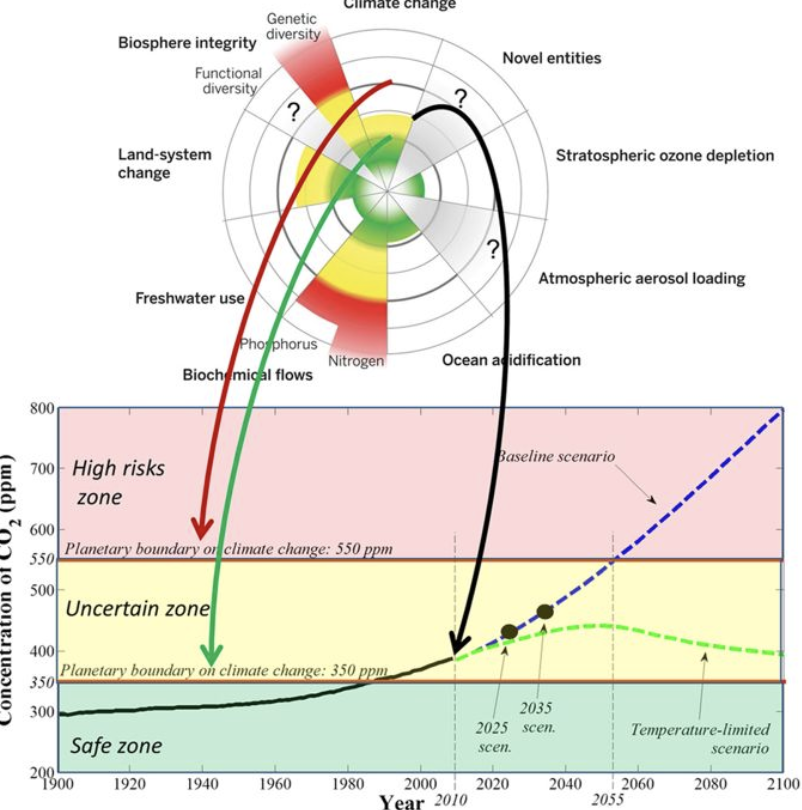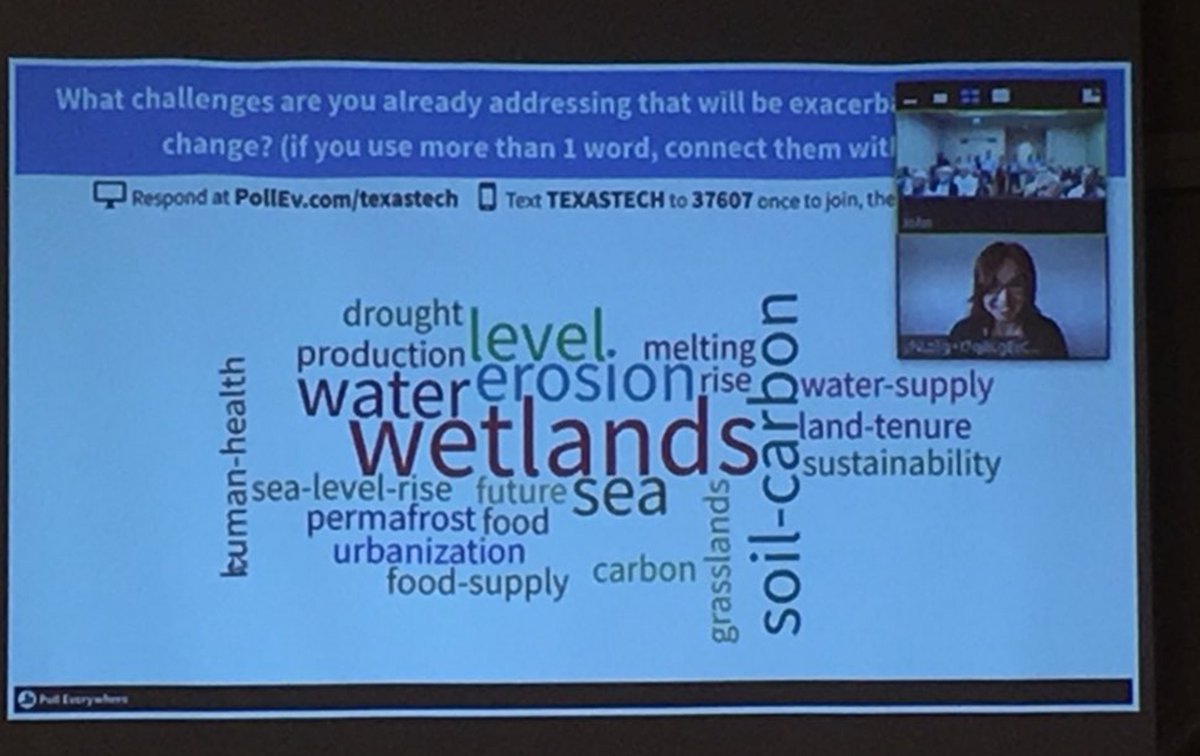Harari wrote the highly celebrated books Sapiens, Homo Deus, and 21 Lessons for the 21st Century. I highly recommend them!

Using Biology, Computing and Data, science delivered the Ability to Hack Humans.
For the better, and the worse. If not for the worst.
Technology is upsetting our world. We urgently need to set it in the right direction.
He argues that we should instead focus on issues of the future. In particular on algorithms and data, who are bound to play an increasingly critical role.
I strongly agree with this. I'd argue that the flow of data is the heartbeat of the modern world.
Now, ask yourself, who's doing this today? Who controls the flow of data?
In particular, I'd claim that YouTube's AI is the one entity that the future of mankind currently most depends on...
The problem with this, he says, is that this race motivates us to discard safety and ethical concerns. #AISafety
Not sure about this though. Many scholars have argued that decentralization may further motivate the AI arms race, at the expense of vision and safety...

He says that, back in 1850s, both in UK and Germany, kids worked in mines. Both countries argued "if our kids don't work in mines, the other countries will outrun us".
No one even thought of sending kids to school.
This simple idea was out of reach, Harari argues, because of the arms race mindset. This blinded them from more effective solutions or more pressing problems.
Researches often have side effects, typically in advancing the understanding of a field, which may profit malicious actors.

The idea is that the process of discovery is mostly irreversible. Each discovery is unlikely to have undesirable consequences.
lesswrong.com/posts/Tx6dGzYL…
As a result, scientists seem to have a responsibility to prioritize research that will help defend against discoveries with potentially catastrophic side effects.
And I feel extremely excited by the fact that these institutions want to promote a better communication of today's most pressing problems, the underlying science and the big ethical questions!






